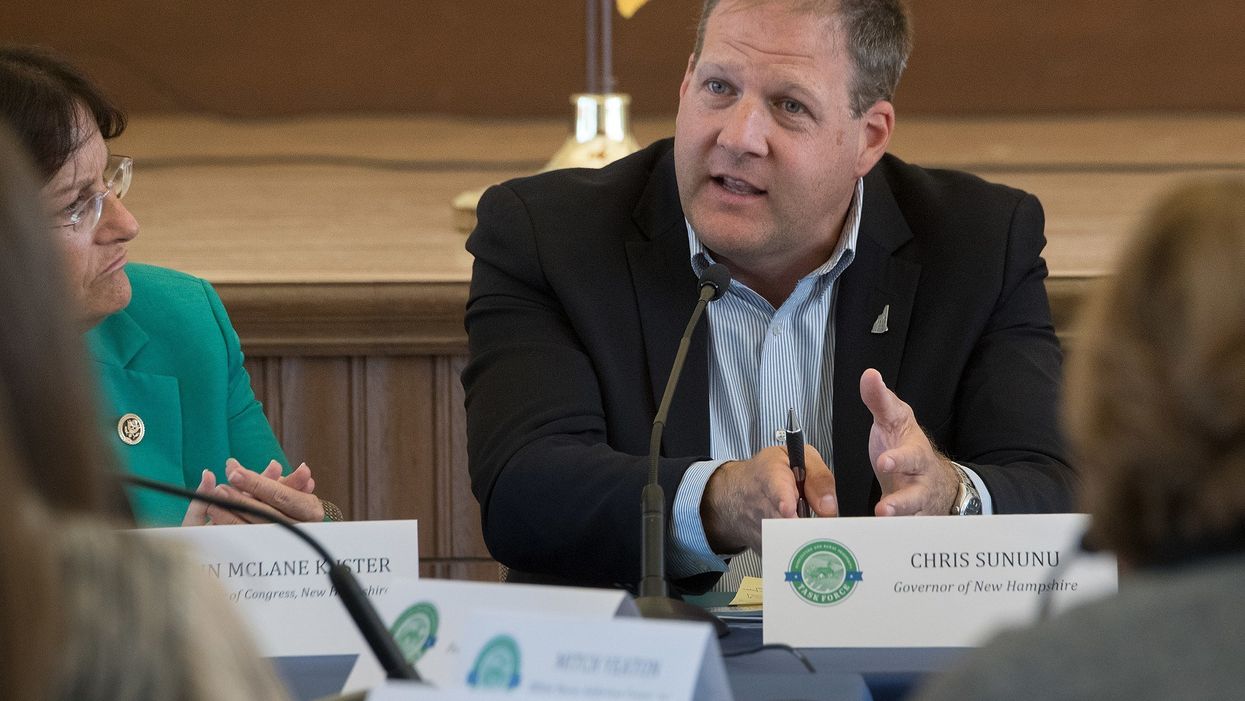It's now up to New Hampshire Gov. Chris Sununu to decide whether to do away with some registration requirements that students say amount to a poll tax.
The state Senate last week joined the state House – both controlled by Democrats – in voting to drop a requirement that collegiate voters have in-state driver's licenses and car registrations. Sununu is a Republican.
Opponents of those requirements, instituted last year when Republicans ran the state legislature, said they amount to a poll tax that discriminates against the state's students.
The rollback legislation has generated intense interest on the state's college campuses, where turnout could prove decisive in the nation's first Democratic presidential primary. Fresh off the Iowa caucuses the week before, a field that for now stands at two-dozen candidates is sure to shrink significantly after New Hampshire votes Feb. 11, and the turnout among collegiate voters could make the difference for some White House aspirants on the cusp of political survival.
College students, who are mostly from out of state, account for roughly 90,000 of the state's 1.2 million residents. (Even at the University of New Hampshire only half the students come from the Granite State.)
A sit-in protest by students at the Capitol last month resulted in 10 arrests.
State Sen. Tom Sherman, a Democrat who favors the rollback bill, told the New Hampshire Union Leader that registering a car and obtaining a driver's license can be expensive for a student. "That will turn some away from the polls," he said. "New Hampshire needs to encourage its students in civic participation and make them feel welcome."
But Republican state Sen. Regina Birdsell said repealing the requirement would actually create a two-tier system in which the laws would be applied differently to those who live in the state permanently and those there to attend college.
Sununu initially was concerned about last year's law, but he signed it after receiving an advisory opinion from the state Supreme Court saying it is constitutional.




















Trump & Hegseth gave Mark Kelly a huge 2028 gift